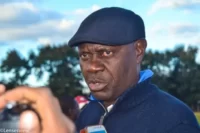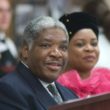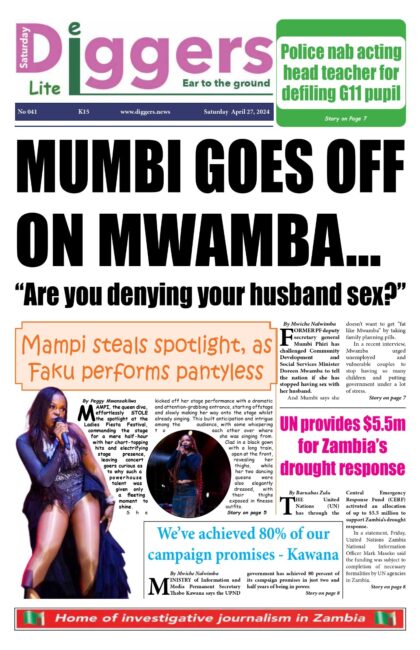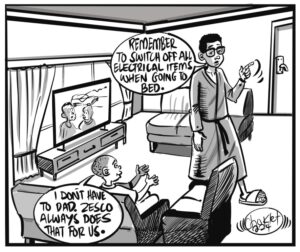At midnight on 31st January 2024, a fuel price increment was effected, taking the cost of a litre of petrol and diesel to K34.19 and K32.15, respectively. The Kwacha is losing value on an almost daily basis. Inflation is ticking upwards, last reported at 13.1% in December 2023. As the cost of fuel rises, so does the cost of every day goods and services. The depreciation of the Kwacha produces a similar effect. Put together, we are on the verge of a cost of living crisis. As things seem to spiral out of control, with little hope of respite, the citzenry grows disillusioned. Economists, such as myself, frequent the news programs with different theories and perspectives on the present moment. I am left to wonder, have we failed the Zambians. The hard road of Economic Reform.
In the Extended Credit Facility under which Zambia is enlisted with the International Monetary Fund, one of the risks outlined to its success is reform fatigue. Economic reform is not easy, neither is it pleasant. Sometimes it becomes too much to bear for citizens and this in itself can jeopardize fiscal adjustment. I hope we do not succumb to this. What has triggered this latest cacophony of economic headwinds? The answer lies in the snag encountered in debt restructuring negotiations. We have agreed and signed an MOU with Official creditors, however, we have not done so with our private creditors. According to the former group, the agreement reached with Eurobond holders was too lenient on our private lenders. This has been the reported reason of the Kwacha’s poor performance.
I am reminded of reforms under the late President Mwanawasa. The present moment is akin to the hurdles Government went through in reaching completion point under the Highly Indebted Poor Country initiative, in the early 2000s. Civil servants bore the strain at the time as salaries had not been increased for years, with an all out recruitment freeze in the public sector over the same period. At that time, this in itself seemed too much and for a while there were no signs of progress. As at this moment, attaining completion point was a process wrought with endless delays. President Mwanawasa, nonetheless, stuck to his guns. He continued with the reform agenda and in a few years, all could bear witness to the fruits of the process. Unfortunately, he did not live to see the culmination of his tireless efforts.
President Hichilema is in a similar position today. As scores call for subsidies, burdened by the high cost of fuel, Government is squeezed into a tight corner. Leadership is no easy task and often times it calls for making unpopular decisions. These decisions are made with foresight; they sacrifice immediate gratification for something better in the future. Yes, subsidies will lower pump prices, but at what cost? Should Zambian children be denied an education because their parents cannot afford it? Should CDF be reduced? Should the recruitment drive in education and health come to a halt? Should we jeopardize our IMF program? under which we have made substantial progress. These are all questions I imagine leadership is pressed with on a daily basis.
Economic reform works. Indeed we have reaped its benefits in the past. Towards the latter end of the MMD regime, the Zambian economy was one of the fastest growing in the world. Most of us can remember this time. Our economy was awash with investments; we were the largest copper producer on the continent and our people stretched across the breadth of our land had more incomes. Such was the credibility of our economy that the next Government could borrow from international Capital markets. This buoyancy, however, came as a result of the difficult decisions the late President Mwanawasa made; decisions where he sacrificed expediency for a better future for Zambians.
As I conclude, allow me to reiterate, economic reform is not easy. It will require every one of us as Zambians to swallow a bitter pill. What is for sure, nonetheless, is that economic reform works. A process has begun. It shall be long and at times, undesirable, but, it is necessary. In a few years, our economy will emerge stronger and swaths of our people shall finally be liberated from poverty. What we need right now is unity of purpose which will begin with collective resolve to play our individual roles in creating the Zambia we desire, particularly in these trying times.
The Author is an Economist.













One Response
yes